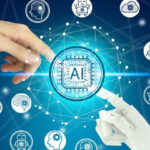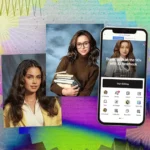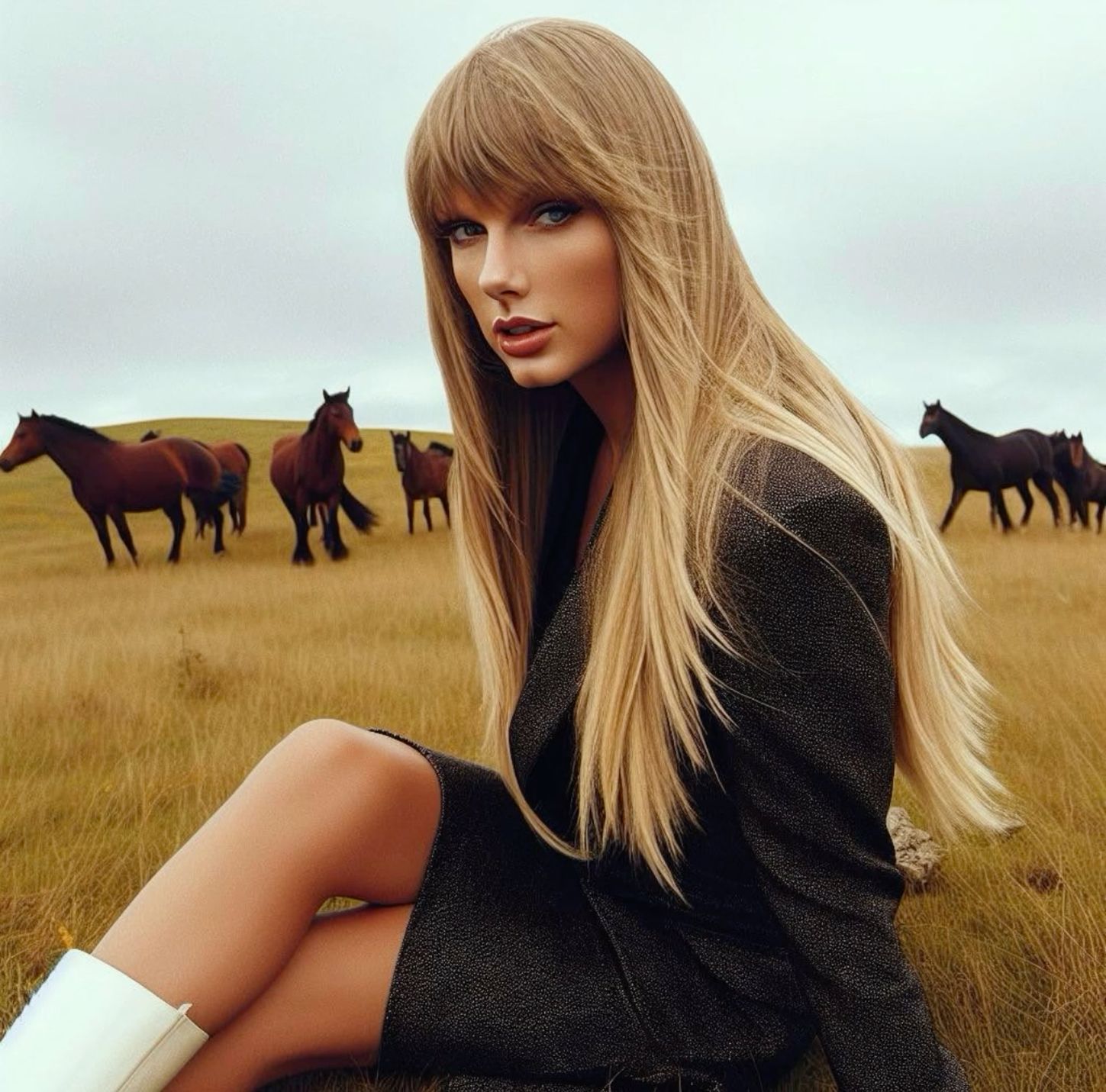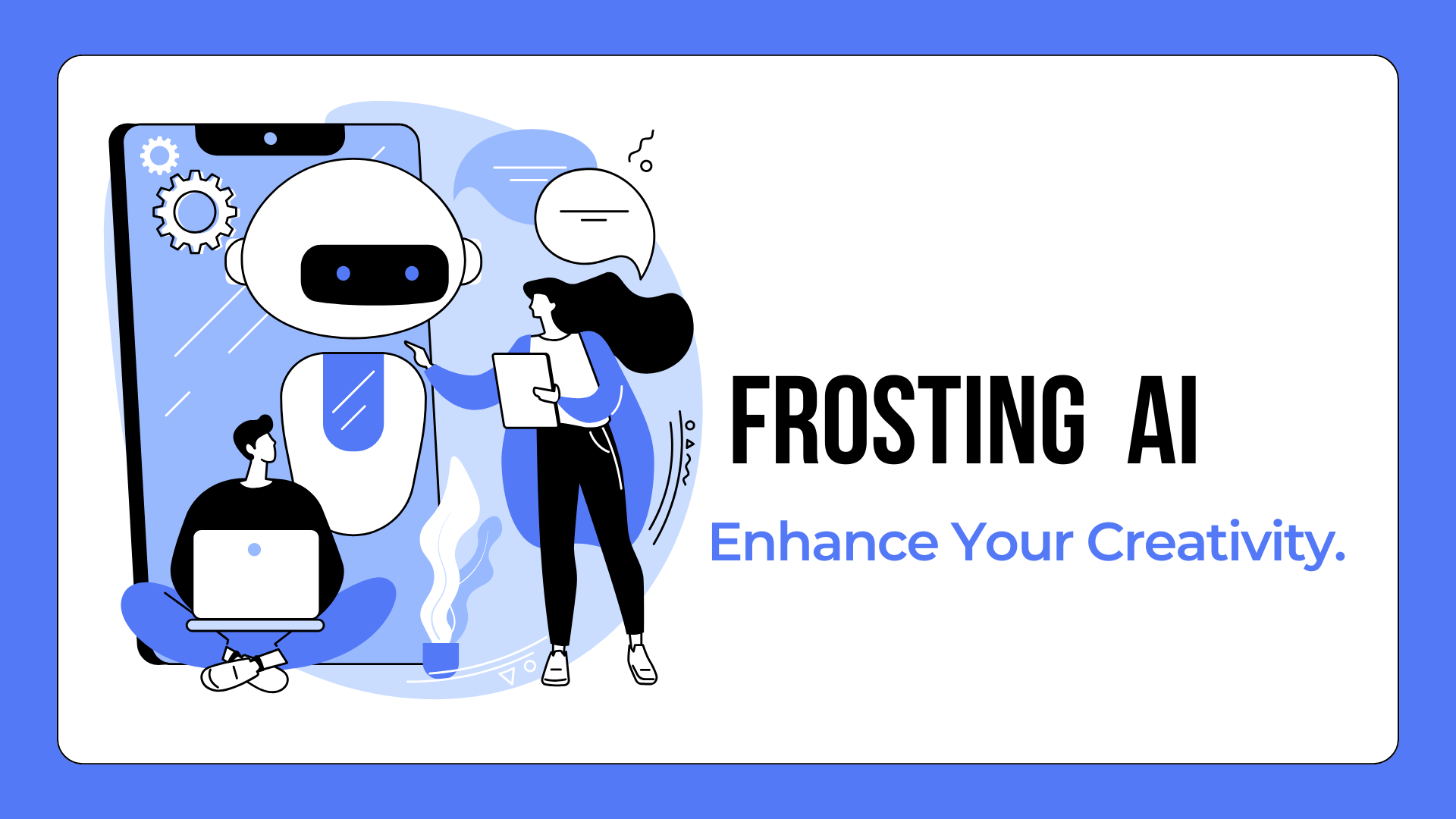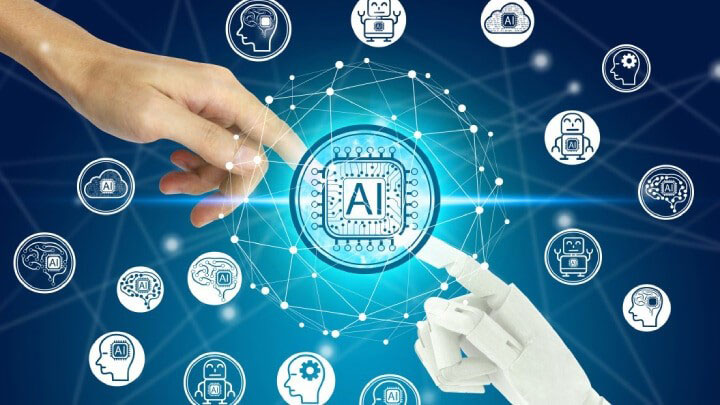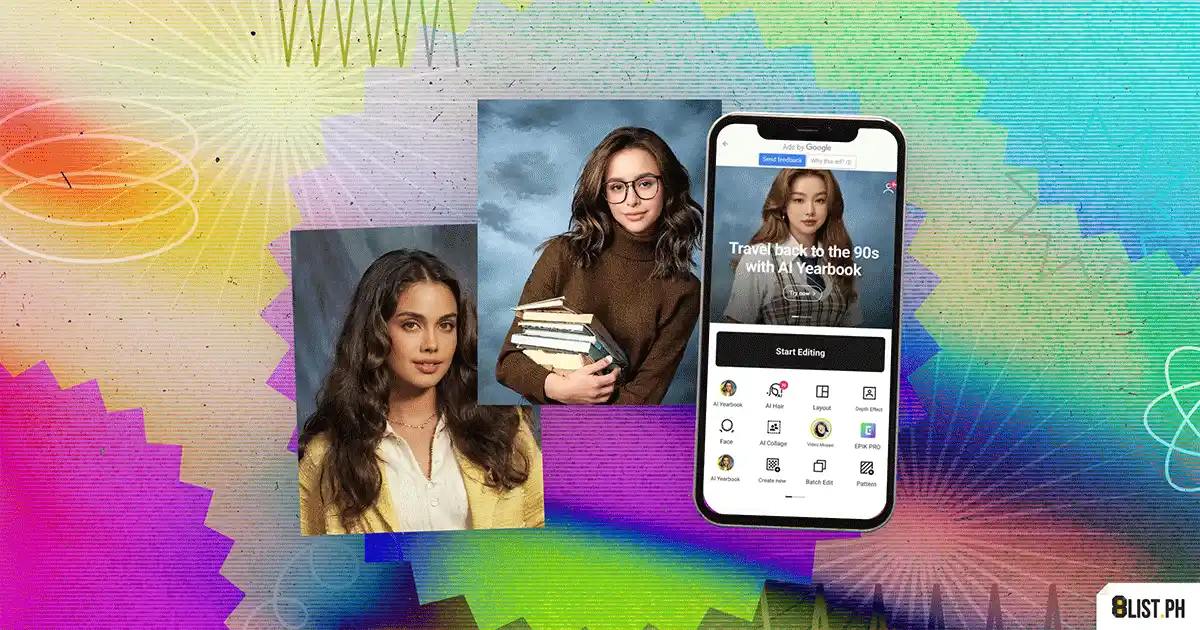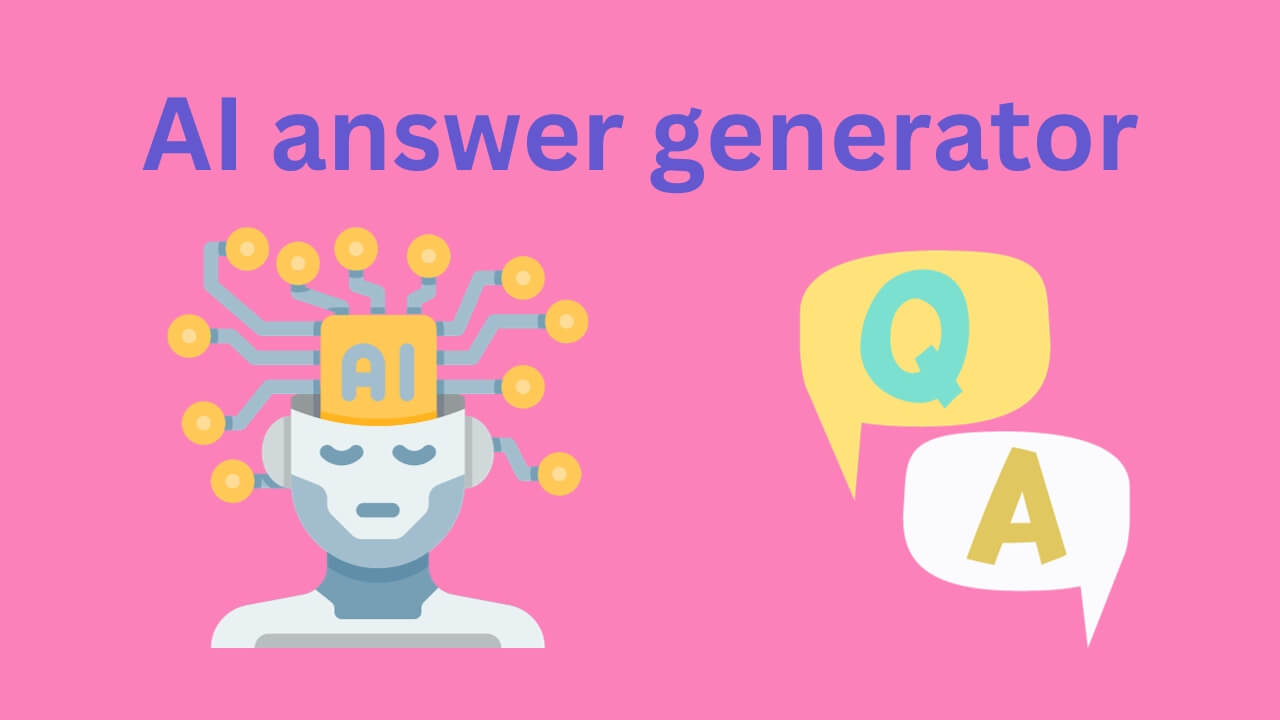Devising an ever-greater gap between one century in the rapid evolution of technology and the other century has brought the music industry to the grove. One of the intriguing points in this regard is the emergence of AI Taylor Swift. A digital version of one of the most recognizable faces and names of a singer in the 21st century shall be created and enhanced through artificial intelligence. What such a phenomenon is all about and how it is making its way into the future of music and creativity.
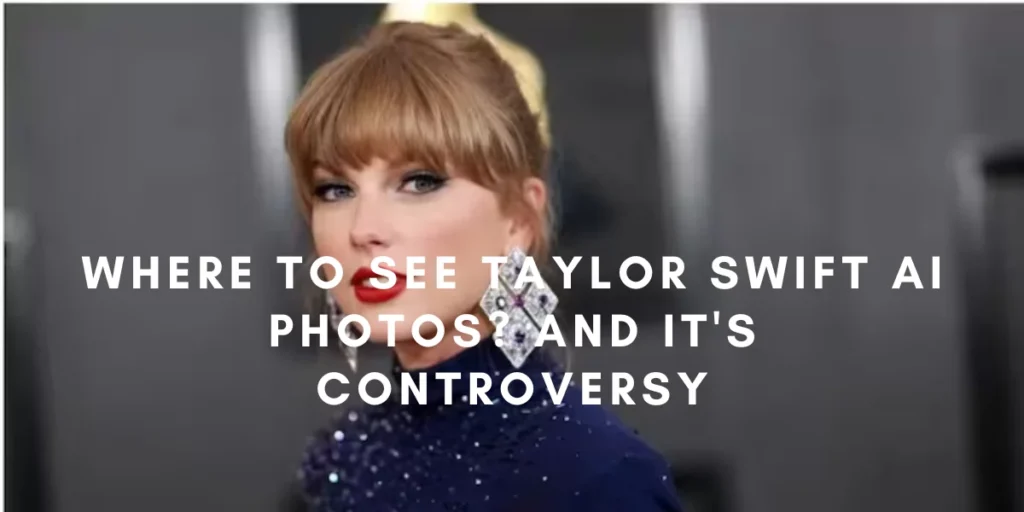
We, the future forge, are here with revolutionary technologies to research them, and this one is under inspection—the world of the fascinating AI Taylor Swift. Dove into how artificial intelligence makes the impact on both the music industry and the fantastic legacy of Swift.
What is AI Taylor Swift?
AI Taylor Swift is the use of artificial intelligence to originate, reproduce or supplement the music, voice, and persona of Taylor Swift. It is a marriage between one of the most significant arts of pop and the science of precision and power that lies in AI technologies. An AI can compose new songs or performances that sound so much like Taylor through machine learning algorithms that can analyze Taylor’s voice patterns, writing styles, and even her emotional tone when she sings them.
AI Taylor Swift has various types. Some AI applications are designed to produce verses according to the technique typical of Swift’s storytelling, while others are meant to synthesize her vocalizations or cross their musical writing with hers. The point isn’t to substitute the artist but to create possibilities for new kinds of exploration within art.
How AI Taylor Swift Works: The Technology Behind the Music
In the most general way, it is AI that powers AI Taylor Swift. More specifically, though, using deep learning and neural networks, AI systems learn from large datasets of Taylor Swift’s music, lyrics, and vocal performances. At this point, let’s just break down how AI works in this context to understand it better:
1. Voice Synthesis
You can analyze Taylor Swift’s vocal recordings to synthesize new versions of her voice. The AI models would be trained on several hours of her recorded voice samples for replication of her voice nuances, as with the neural voice cloning process. Therefore, any song, including non-track ones, can also be sung by the AI in her vocal style. Although the technology is yet to evolve, it produces a surprisingly accurate result now.
2. Lyric Generation
The AI can also write lyrics that very closely resemble the true Taylor Swift songwriting. It analyzes her past songs based on the structure and themes, as well as the emotional tone, then predicts and writes new lyrics to fit the world of Swift’s music. Those lyrics usually touch on such themes as love, breakup, empowerment, and search for self—those roots of the greatest Taylor Swift hits.
My robot can compose lyrics just like those unique, penned by Taylor Swift. Using different aspects like the structured sentences, recurrent themes, and emotional disposition within her past songs, the models generate a new lyric closely resembling the world’s established music. Most often, they would speak in terms of love, breakup, empowerment, or self-discovery—all trademarks of any Taylor hit.
3. Music Composition
AI is applicable in music composition; rather, it consists of several other fields, such as vocals and lyrics. AI can also compose instrumental-backed tracks based on the typical structures and stylistic choices found in Swift’s discography. Trained algorithms on her musical works use AI to create melodies, chord progressions, and beats with the same memories and energy as her popular songs.
4. Style Mimicry
Perhaps the most important aspect of AI Taylor Swift is that it can emulate her sound and the general “style” of her music, all the way from instrument arrangement to the emotional timbre of the song or a particular piece. By studying the patterns in her works, AI can fashion its compositions in the style of Swift—whether it be country, pop, indie folk, or even alternative rock.
AI Taylor Swift would be able to even imitate the general “style” of Swift’s music, everything from the arrangement of instruments to the emotional tone of the song. By looking at the patterns present in her work, AI can compose its own music normally following Swift’s style—whether country, pop, indie folk, or even alternative rock.
This means that an advanced feature of AI Taylor Swift is that it mimics the overall “style” of Swift’s music, from instrumentation to emotional qualities in songs. By looking at the patterns in her work, AI can write its own pieces according to the style of Swift, whether country, pop, indie folk, or even alternative rock.
The Future of AI in Music: How AI Taylor Swift Is Shaping the Industry
The emergence of AI Taylor Swift is only heralding the beginning of a broader spectrum in the arena of AI music creation. Although it does belong to rather a nascent corner of the industry, the impact that AI sounds are bringing into music is intense. Here are some ways in which AI Taylor Swift and similar inventions will orient music towards the future:
1. New Forms of Creative Collaboration
The application of artificially intelligent tools is witnessed when musicians are allowed to collaborate with a virtual version of another artist. It may well be possible that a songwriter could work with AI Taylor Swift by writing a track in her style or perhaps even having an AI-altered Taylor Swift voice feature on a newly recorded song. This allows further creativity, with AI the last remaining tool in the artist’s toolbox instead of replacing human musicians.
2. Music Personalization and Customization
The records could be said to be a Taylor Swift AI made possible by artificial intelligence because it can use such advanced analysis of a listener’s preferences through AI so that fans could even get personalized songs—from a love song written just for an individual to anthem lyrics tailored based on the mood of a fan—actually creating a wholly personalised musical experience for them. This level of hyperpersonalization would change the very way music consumption.
3. Revitalizing the Past
Even long gone, the iconic artists of the past are revived by AI to perform undesired posthumous collaborations with an artificial Taylor Swift and other AI equivalents of superstars. Such systems engineer legendary voices, styles, and sounds. Thus, it allows the music to be heard much differently but nostalgically. Perhaps it will result in an album or a series of songs released long after the original artist passed away.
4. A New Era of Music Production
AI tools aren’t only making music with AI Taylor Swift but redefining the way music is produced. Mixing, sound design-all those areas that are needed to be handled will now be invigorated to allow artists do what they do best, create and immerse themselves in creativity. Besides, the fact that it is going to democratize music making turns up the quality of music for many budding artists.
Ethical Considerations: Should We Be Using AI to Recreate Artists?
An amazing prospect of AI Taylor Swift is around the corner, but ethical questions arise from such possibilities. For example, AI could construct an artist’s voice or imitate that artist’s unique style or likeness; instances such as these easily blur the line between what can be considered artistic creation and exploitation. Here are just a few questions for consideration:
1. Ownership and Copyright
In a case where AI can create music similar to that of Taylor Swift, who would own the rights to such music? Would it be the AI developers, or the artists, or the original creators who inspired the AI? This issue is definitely worth studying, especially since AI is slowly taking over the reshaping of creative industries.
2. Artist Consent
The more advanced AI gets, the more important the consent will be from the original artist. Should an artist be entitled to limit the ways in which AI models emulate their own voice or style? Particularly with regard to AI Taylor Swift, whose popularity and worth to her brand are factors that increase the consideration of this question about consent.
3. Impact on the Music Industry
The rise of AI-generated music will fundamentally transform the music industry. Some consider it a means to enhance creativity; others express worry that it undermines the value of art produced by people. This will be the balancing act between creation and consideration of the artistry of musicians as the industry moves forward.
Conclusion: AI Taylor Swift and the Future of Music
This is AI Taylor Swift, one of the most intriguing visions of how music will sound in the future-where artificial intelligence and human creativity flow as one. Initially, it might seem strange to put a beloved singer through automation, but the impact of AI on music is quite clear. At Future Forge, our belief is that artificial intelligence can always throw new light upon creativity from different perspectives, such as personalization and collaboration in all arts.
If you love Taylor Swift, or if you are just that person curious at the interface of technology and music, the coming of AI Taylor Swift will intrigue you. With such great possibilities, this is just the beginning of what else is coming from these AI sources into music.





